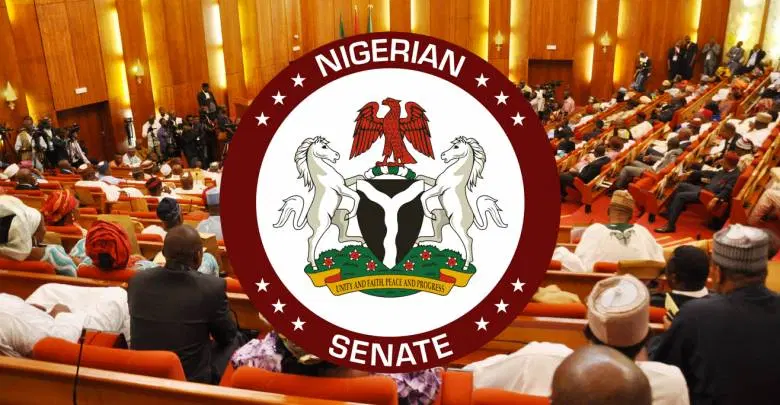The Nigerian Senate has passed the second reading of a bill that seeks to mandate social media platforms, bloggers, and other online content creators to establish physical offices within the country. The bill, titled “The Protection from Internet Falsehood and Manipulations Bill, 2024,” is spearheaded by Senator Mohammed Sani Musa (Niger East) and aims to address concerns over the spread of misinformation and the lack of regulatory oversight on digital content.
Read Also: Nigeria Set to Legalize Cryptocurrency Use While Strengthening Risk Controls
During the plenary session, lawmakers expressed strong support for the proposal, citing the increasing influence of online platforms such as Facebook, X (formerly Twitter), Instagram, and independent bloggers on national discourse. The bill proposes that these entities, once they attain a certain user threshold or audience size in Nigeria, must register and operate locally. This, according to the Senate, will enhance accountability, tax compliance, and local content regulation.
Senator Musa emphasized that the bill is not intended to stifle free speech but to protect Nigeria’s digital space from manipulation, false information, and economic exploitation by foreign tech giants. He argued that global digital corporations generate significant revenue from Nigeria but operate without sufficient local presence or adherence to national laws.
The proposed legislation also recommends the creation of a regulatory framework to monitor digital platforms, enforce sanctions on non-compliant entities, and support content moderation standards. It underscores the need for digital sovereignty and protection of national interests in the age of information warfare.
Critics, however, warn that the bill could pose risks to press freedom and digital entrepreneurship if not carefully implemented. They urge lawmakers to balance regulation with respect for individual rights and innovation.
The bill has now been referred to the Senate Committee on Information and Communication Technology for further scrutiny and a public hearing.
Read more: Vanguard News
